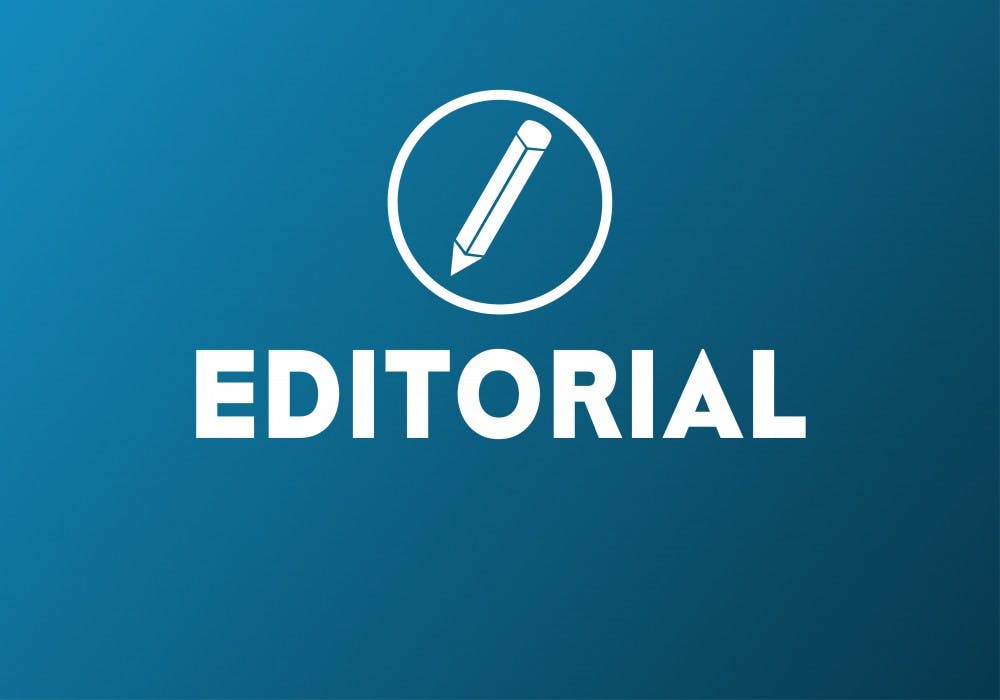In the weeks leading up to last fall’s presidential election, Elon University’s campus was filled with political activism by and for students. Elon Political Forum held a bi-partisan debate featuring students from different political organizations across campus. Students gathered to watch and discuss the presidential debates in Moseley Center. Posters hung on bulletin boards, and almost every week there was a new debate or event being held to discuss the election.
Elon’s student-run political organizations such as College Democrats, College Republicans, Elon Political Forum and other political groups on campus must continue hosting student debates, speakers and events to encourage students to remain politically active.
Last semester it seemed as though there was a different political debate, rally or event on campus every week. This excitement and willingness to engage in difficult political discussions should be present year-round.
Since the election, it seems these political organizations have lost their momentum. Students are still sharing posts on Facebook and attending marches, but politically charged conversations and involvement from organizations on campus have been less frequent.
The Pendulum reached out to several of these organizations, and it was difficult to find out about events being planned for the spring. So far in 2017, they have not advertised any events like the ones they advertised in the fall.
Faculty and staff have responded to the situation through “Refusing to Wait: Intellectual and Practical Resources in Troubling Times,” a one-credit, pass/fail class designed specifically around practical action following the election. Students across campus have also responded individually, gathering in groups to attend local marches or call their senators, but student-run political organizations have been relatively quiet.
These organizations must continue to facilitate conversations and political activism to maintain a culture of political awareness after the election. Now more than ever, they need to foster room and space for student-led conversations to discuss disagreement across partisan lines.
It is early in the semester, so it is understandable why these groups have not held anything yet — but there is no time to waste. We encourage all students across campus to maintain the momentum they had in the fall.
President Donald Trump’s first 10 days in office were filled with actions, orders and events that deserved and required further conversation between and among students. These conversations should be held in an intellectual setting with political organizations, but these groups have remained silent during these events.
It’s important to tackle what these actions mean not only for the humans affected by them, but also for the parties that may have supported them.
For students who are contemplating their political identities under the Trump administration, events hosted by student partisan groups can be beneficial in shaping more nuanced conversations around these issues.
Though there is no longer a need to debate about presidential candidates, students can still tackle issues facing the Trump administration.
College Republicans can hold discussions on Trump’s executive orders or bring speakers to campus to talk about the influence of Trump’s first 100 days in office.
College Democrats can organize rallies and events protesting these executive orders or hold events to discuss what Elon students can do to protest.
Now is the time to promote political awareness and activism. We witnessed so much of this in the fall, but it cannot stop there.


